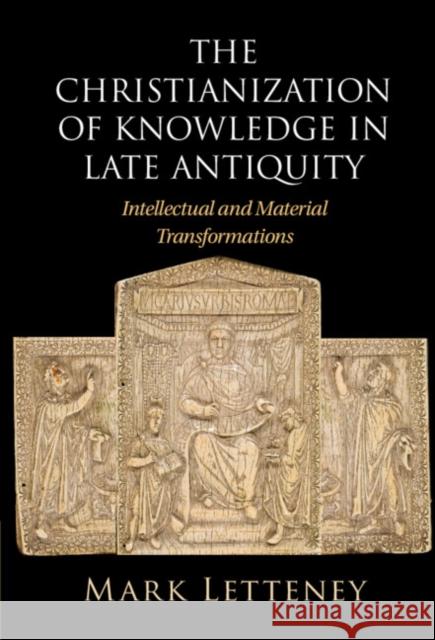topmenu
Wyniki wyszukiwania:
wyszukanych pozycji: 4
 |
The Christianization of Knowledge in Late Antiquity: Intellectual and Material Transformations
ISBN: 9781009363389 / Angielski Termin realizacji zamówienia: ok. 16-18 dni roboczych. |
cena:
398,29 |
 |
Ancient Mediterranean Incarceration
ISBN: 9780520422605 / Angielski Termin realizacji zamówienia: ok. 22 dni roboczych. |
cena:
389,42 |
 |
Ancient Mediterranean Incarceration
ISBN: 9780520387225 / Angielski Termin realizacji zamówienia: ok. 22 dni roboczych. |
cena:
146,03 |
 |
The Christianization of Knowledge in Late Antiquity
ISBN: 9781009363358 / Angielski / Miękka / 2025 / 306 str. Termin realizacji zamówienia: ok. 16-18 dni roboczych. |
cena:
144,61 |










